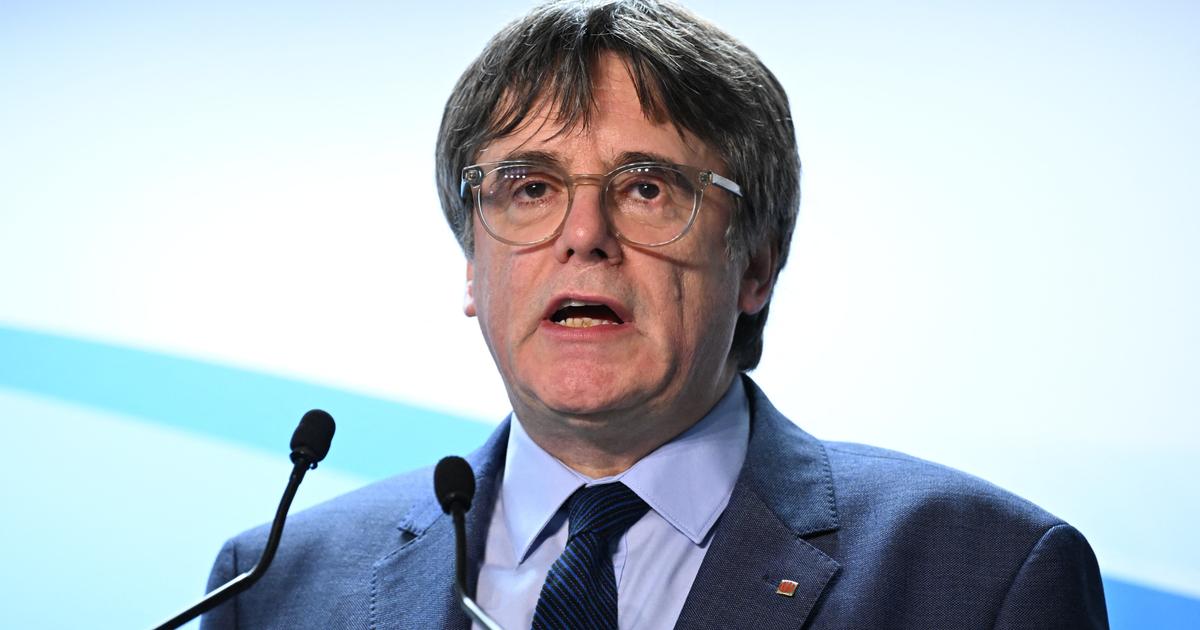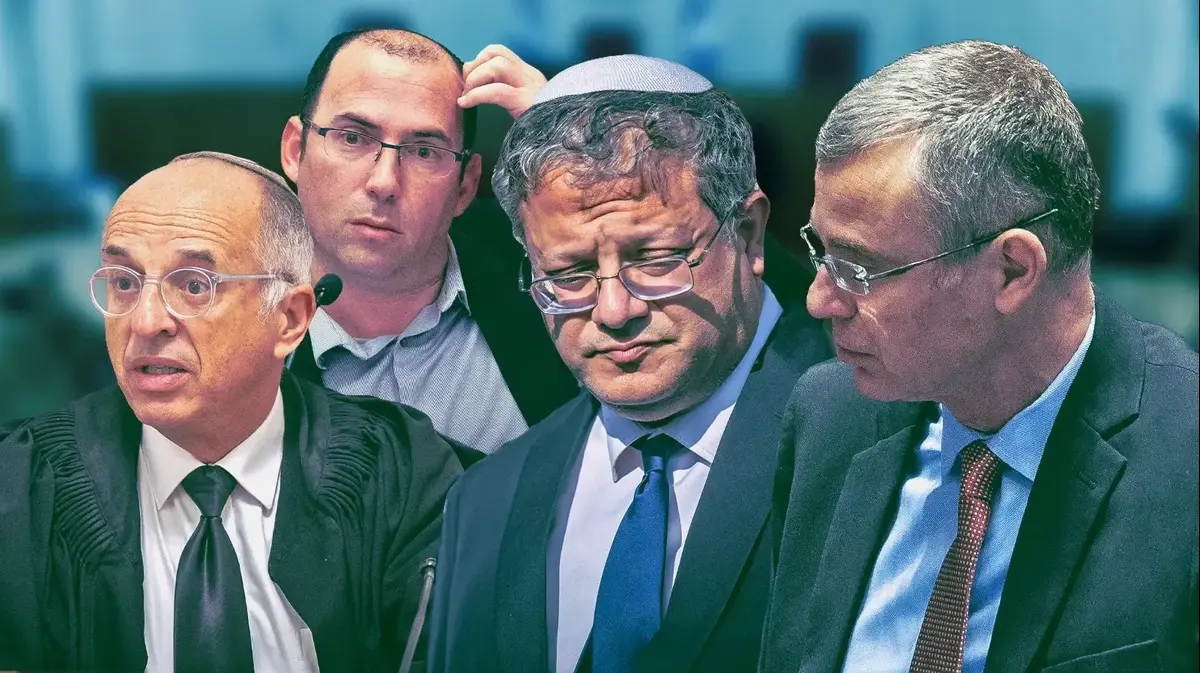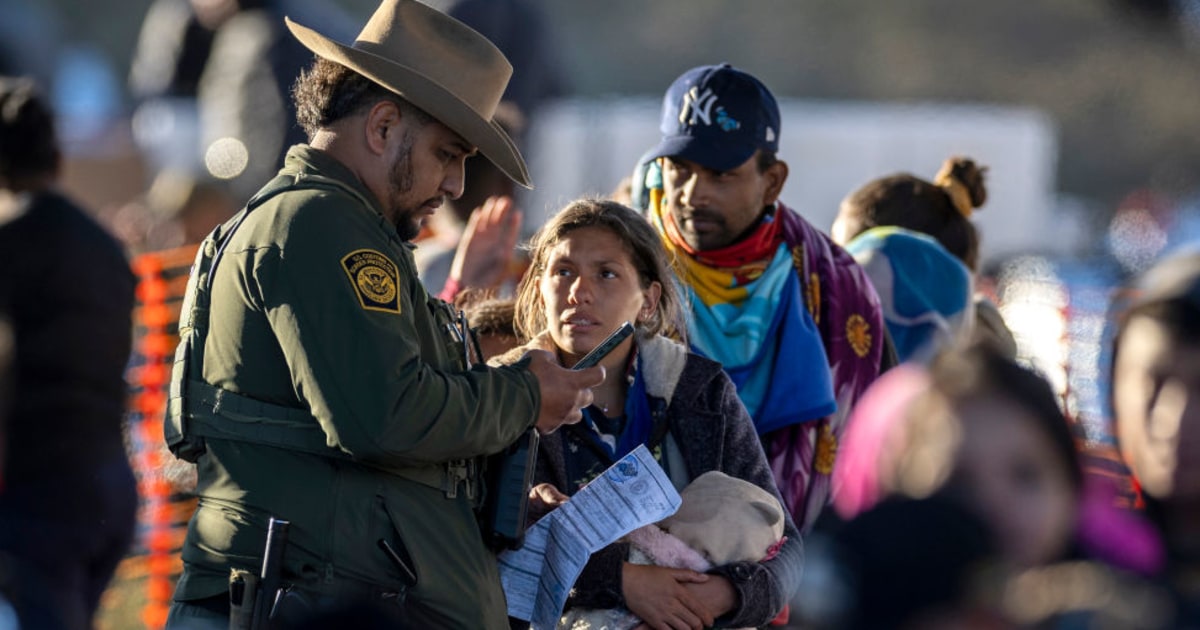The solemn act of opening of the judicial year, next September 7 in the presence of the King, will reflect all the political tensions around justice.
First of all, because of the speech that the president of the General Council of the Judiciary (CGPJ) and the Supreme Court, Carlos Lesmes, will give, which will emphasize the "sensation of grievance" that reigns in the high court, according to Council sources.
Lesmes's intervention will serve, therefore, to issue a new warning about the risks that the judicial system runs as a whole due to the impossibility of the CGPJ in office to make appointments and cover casualties, while in parallel it is required to appoint two new Constitutional magistrates.
The complaint of the president of the Supreme has to do with the fact that the next day, on September 8, the Council will hold an extraordinary plenary session in which it must address that renewal of the Constitutional Court, whose term expires five days later: the 13th, according to the ultimatum given by the Government through a legal reform.
In the Council and in the Supreme Court, an openly critical environment predominates with this situation, that is, with the contrast between the legal obligation to agree on appointments for the Constitutional Court and that at the same time they cannot be made for the main instances of the judicial organization, some of which have entered a phase of risk of collapse.
In the Council, however, there is a clear majority in favor of complying with the legal provision and appointing the two members of the Constitutional Court, but among the magistrates of the conservative sector of the Supreme there is strong resistance to accepting that position.
Faced with this situation, Lesmes and his team have prepared an intervention for the opening of the judicial year that echoes the complaints of the Supreme Court and at the same time makes it clear that the aforementioned feeling of "grievance" does not imply any strategy of support for an eventual boycott of the renewal of the Constitutional.
On July 11, the Council approved a declaration in which it rejected the legal reform that allows the court of guarantees to be renewed, but maintains the prohibition of making other appointments while the CGPJ -which ended its mandate almost four years ago and must be renewed with an agreement between PSOE and PP- continue in office.
Lesmes supported that document, critical of the Government.
But sources from the Judiciary emphasize that, in parallel, Lesmes himself has maintained contacts with the members to facilitate the election of the two magistrates who correspond to them to appoint.
The sources consulted in the judicial leadership consider, in any case, "very worrying" the situation of the Supreme Court, and link it to the resignation expressed by several magistrates - among them, the president of the Criminal Chamber, Manuel Marchena - to accept a position in the Constitutional.
These rejections have generated some perplexity in the court of guarantees.
First, because it is traditional for the Council to appoint Supreme Court magistrates to the Constitutional Court, who have usually considered this change of destination as an excellent culmination of their career.
And second, because the difficulty of finding candidates does not occur among the magistrates of the progressive sector.
What in any case the consulted sources of the Judicial Power consider unlikely is that on September 8 there will be
white smoke
to elect the two magistrates of the Constitutional Court.
That plenary session will be dedicated to a preliminary battle: to ensure the good result of the negotiations between conservatives and progressives, they will first discuss how the candidates will be voted on.
There are several possibilities on the table, but the one that seems to have the best chance of succeeding is the one that proposes that what will be put to the vote be a tandem, a single joint candidacy, made up of a conservative and a progressive candidate.
Council sources point out that this option is the one preferred by its president.
What is sought with this procedure is to avoid mutual misgivings and last-minute maneuvers.
Putting it into practice requires a prior agreement on the two names on which to vote, and would prevent one of the two candidates from receiving much more support than the other, since the vote would be unique.
In short, along this path, the risk of punishment votes from one sector or another would be avoided.
"The first plenary session that we celebrate in the new judicial year is going to be trial," says a member of the Council.
“It is not going to be easy for there to already be an agreement on the names of the candidates to be proposed.
So it will be an exploratory meeting, a kind of warm-up before the game.”
Another member expresses his conviction that “Lesmes is not going to shoot until he has the target assured, which means that, if there is no agreement on September 8, he will not call another plenary session to elect the two Constitutional magistrates until he has a majority for both.
That majority is 12 votes.
The law establishes that the votes of the Council be nominal, not secret, so that the position of each one of the members of the plenary is publicly known.
50% off
Subscribe to continue reading
read without limits
Keep reading
I'm already a subscriber





/cloudfront-eu-central-1.images.arcpublishing.com/prisa/OCXVGAGDFFE6NDRQIKWRK26LLU.jpg)



/cloudfront-eu-central-1.images.arcpublishing.com/prisa/7ZSE2B3NHBCBXJUKMVDIJEMBHI.jpg)





